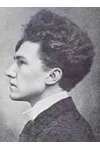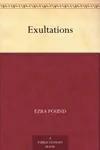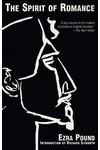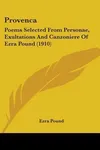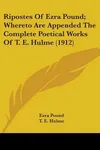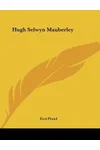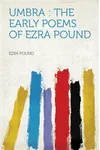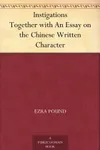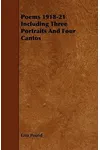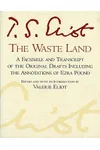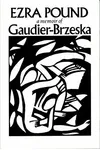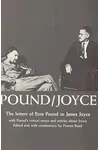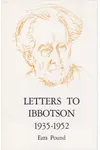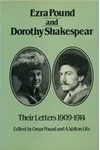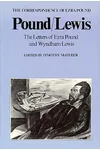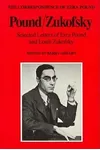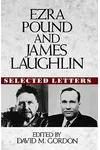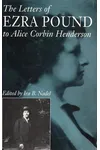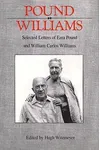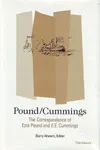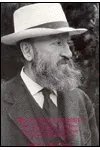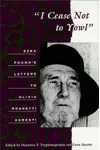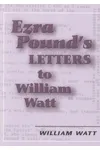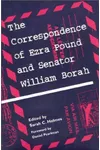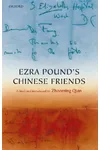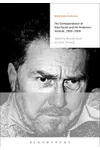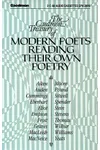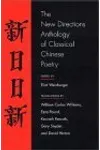Picture an American poet who turned the literary world upside down with his bold verses and fearless ideas—meet Ezra Pound! Born in 1885, Pound was a trailblazer of Modernist poetry, weaving intricate imagery and revolutionary rhythms into works like The Cantos. His influence on 20th-century literature is undeniable, though his controversial political views sparked debates that still linger.
From his early days as a curious scholar to his role as a mentor to literary giants like T.S. Eliot, Pound’s journey is a wild ride through poetry, passion, and provocation. Let’s dive into the life of this literary rebel!
The Making of Ezra Pound
Ezra Pound was born in Hailey, Idaho, in 1885, but his heart belonged to the world of words. Raised in Pennsylvania, he devoured classical literature and developed a knack for languages, mastering several by his teens. At the University of Pennsylvania, he mingled with future literary stars like William Carlos Williams, sparking his lifelong love for poetry. By his early 20s, Pound sailed to Europe, landing in London’s vibrant literary scene, where he began crafting his bold, experimental style.
His early collections, like Personae (1909), showcased his fascination with ancient myths and sharp, vivid imagery. Pound wasn’t just a poet—he was a critic and editor, championing new voices and pushing for a literary revolution called Imagism, which prized clarity and precision.
Ezra Pound’s Unforgettable Works
Pound’s masterpiece, The Cantos, is a sprawling, ambitious epic that spans decades and defies easy explanation. Begun in 1915 and left unfinished, it blends history, mythology, and personal reflection into a dazzling, sometimes dizzying tapestry. Think of it as a poetic time machine, zipping from ancient China to Renaissance Italy in a single stanza!
His earlier work, Hugh Selwyn Mauberley (1920), is a sharp, satirical jab at war and modern culture, packed with his signature wit. Pound also penned Ripostes (1912), a collection that helped launch Imagism, with gems like the hauntingly brief ‘In a Station of the Metro.’ His translations, like Cathay (1915), brought Chinese poetry to Western readers with a fresh, lyrical twist.
Pound’s style was a kaleidoscope—crisp, musical, and packed with allusions. He broke rules, mixed languages, and demanded readers keep up. Love it or puzzle over it, his work redefined what poetry could be.
Why Ezra Pound Matters
Pound’s fingerprints are all over modern literature. He edited T.S. Eliot’s The Waste Land, turning it into a landmark poem. He mentored poets like W.B. Yeats and promoted James Joyce’s Ulysses. His Imagist principles—clarity, economy, rhythm—shaped poetry for generations. Beyond craft, Pound’s fearless push for innovation inspired writers to take risks, even if his political missteps cast a shadow.
Today, scholars and poets wrestle with his legacy: a genius whose art soared but whose choices stumbled. His work remains a vibrant challenge, urging readers to think deeply and feel boldly.
About Ezra Pound
- Born: October 30, 1885, Hailey, Idaho
- Key Works: The Cantos, Hugh Selwyn Mauberley, Cathay
- Notable Role: Pioneer of Imagism and mentor to T.S. Eliot
- Died: November 1, 1972, Venice, Italy
Ready to explore a poet who changed the game? Grab The Cantos or Cathay and dive into Ezra Pound’s dazzling world of words!
